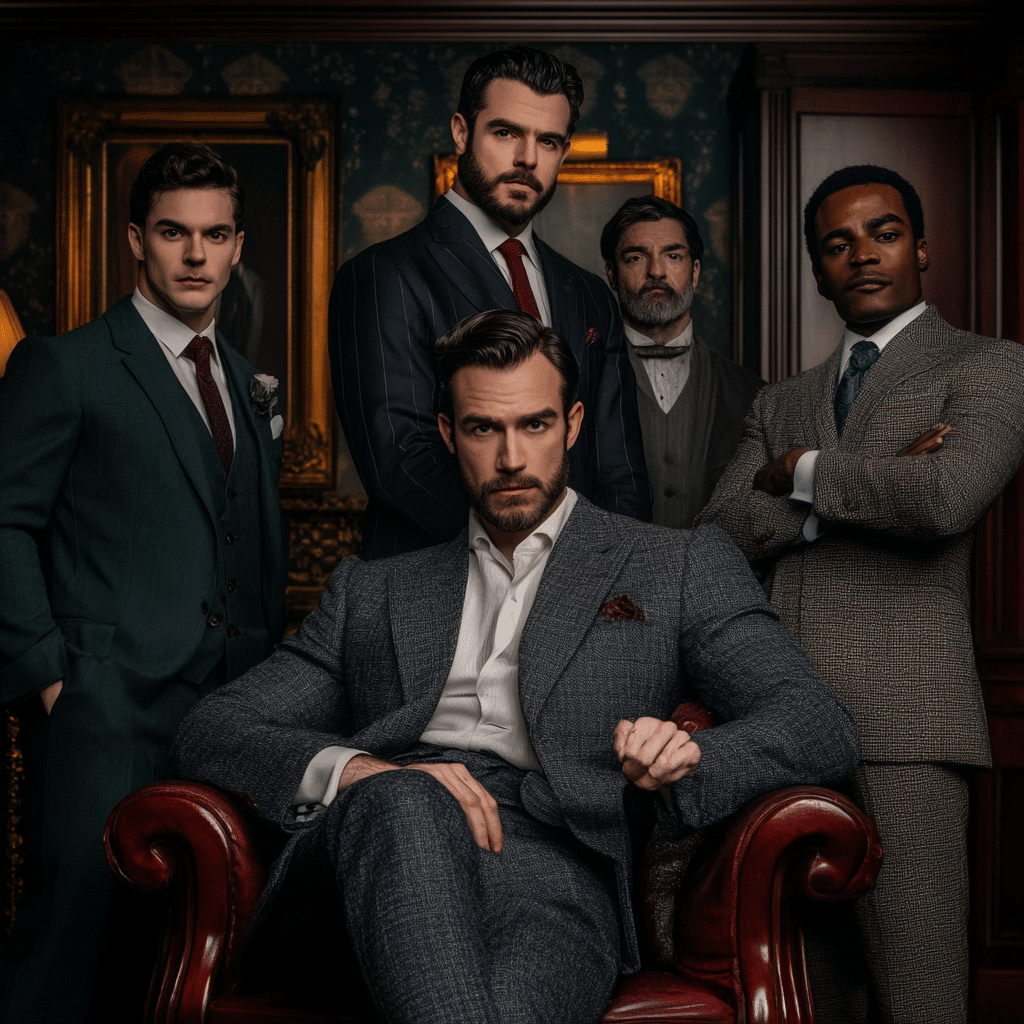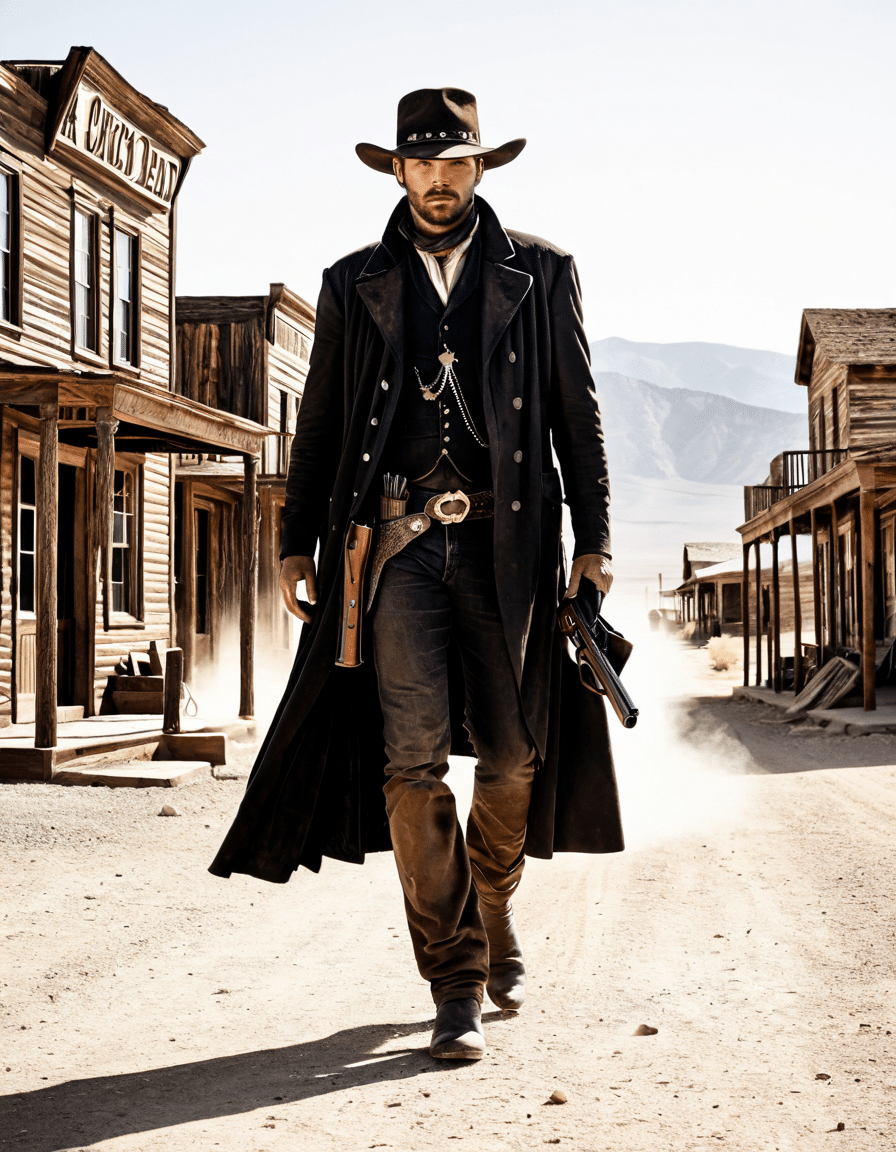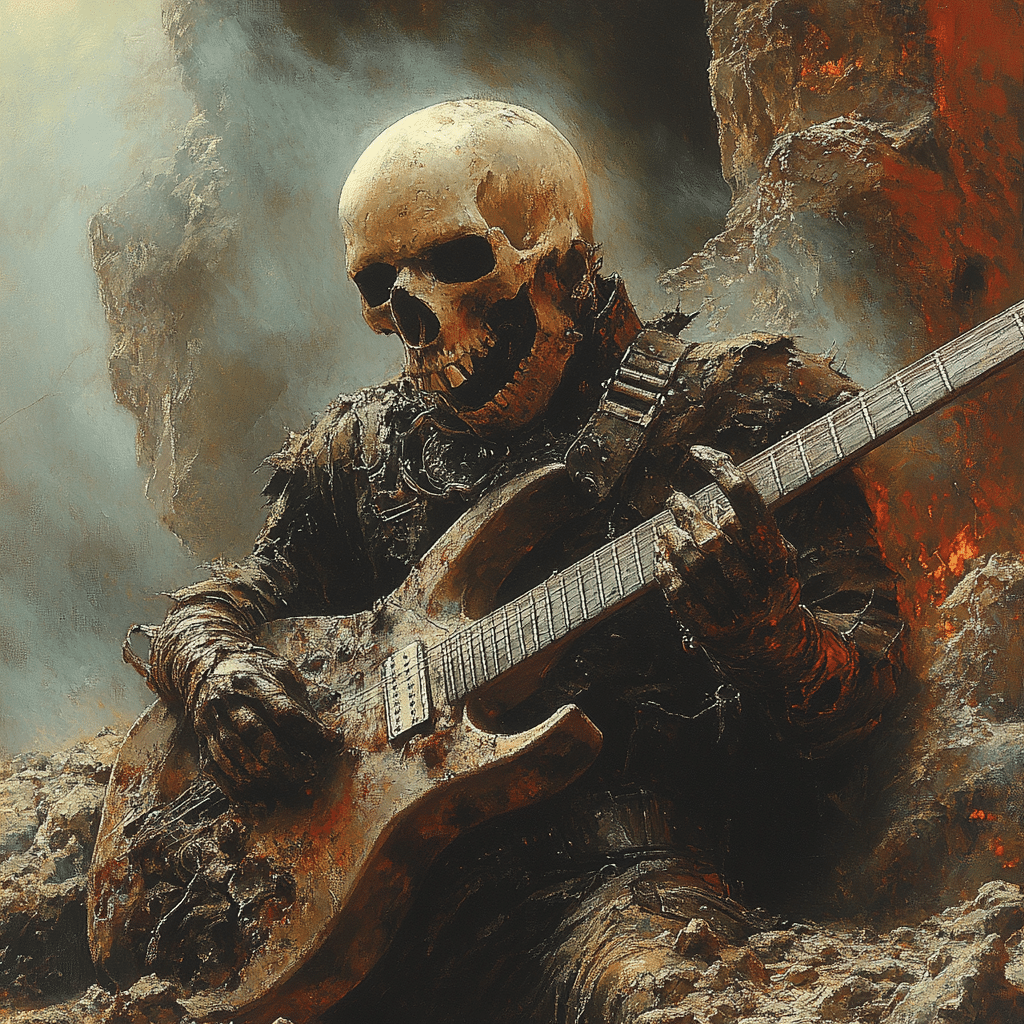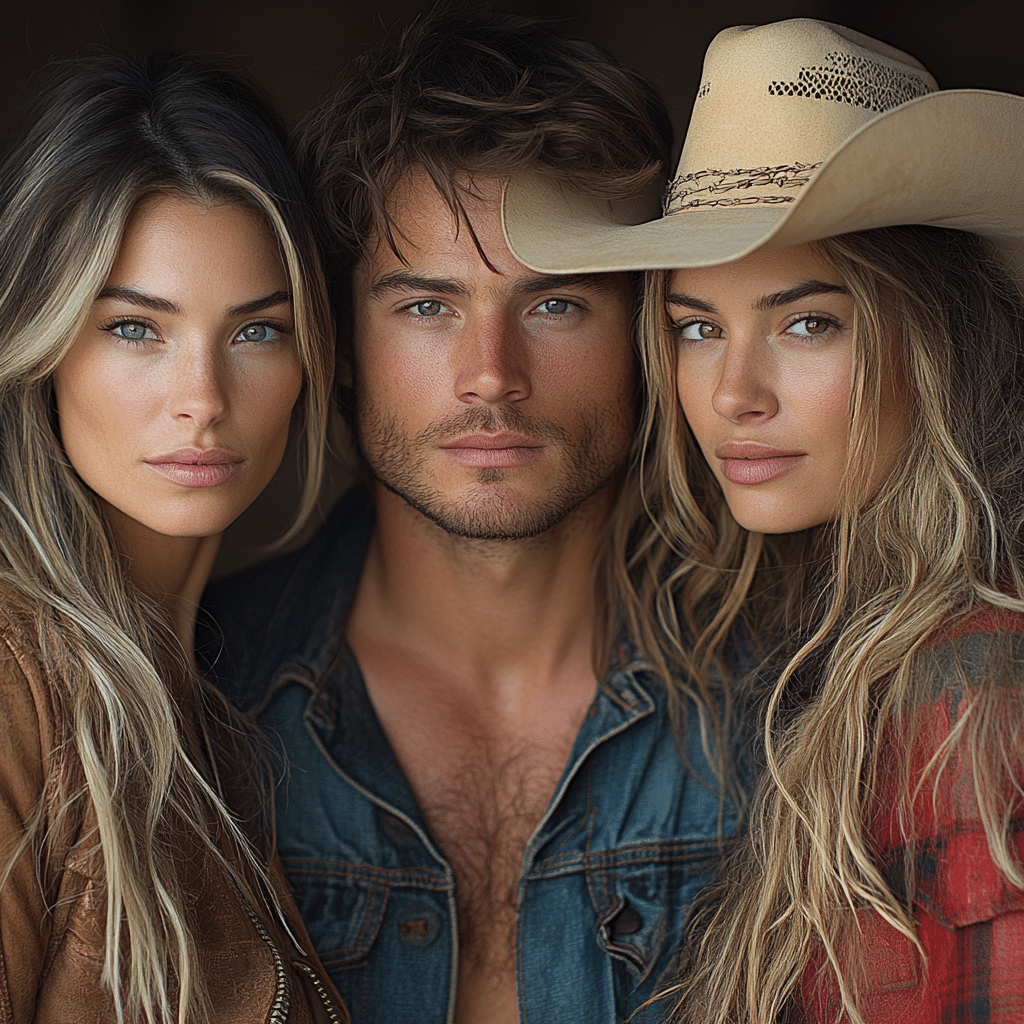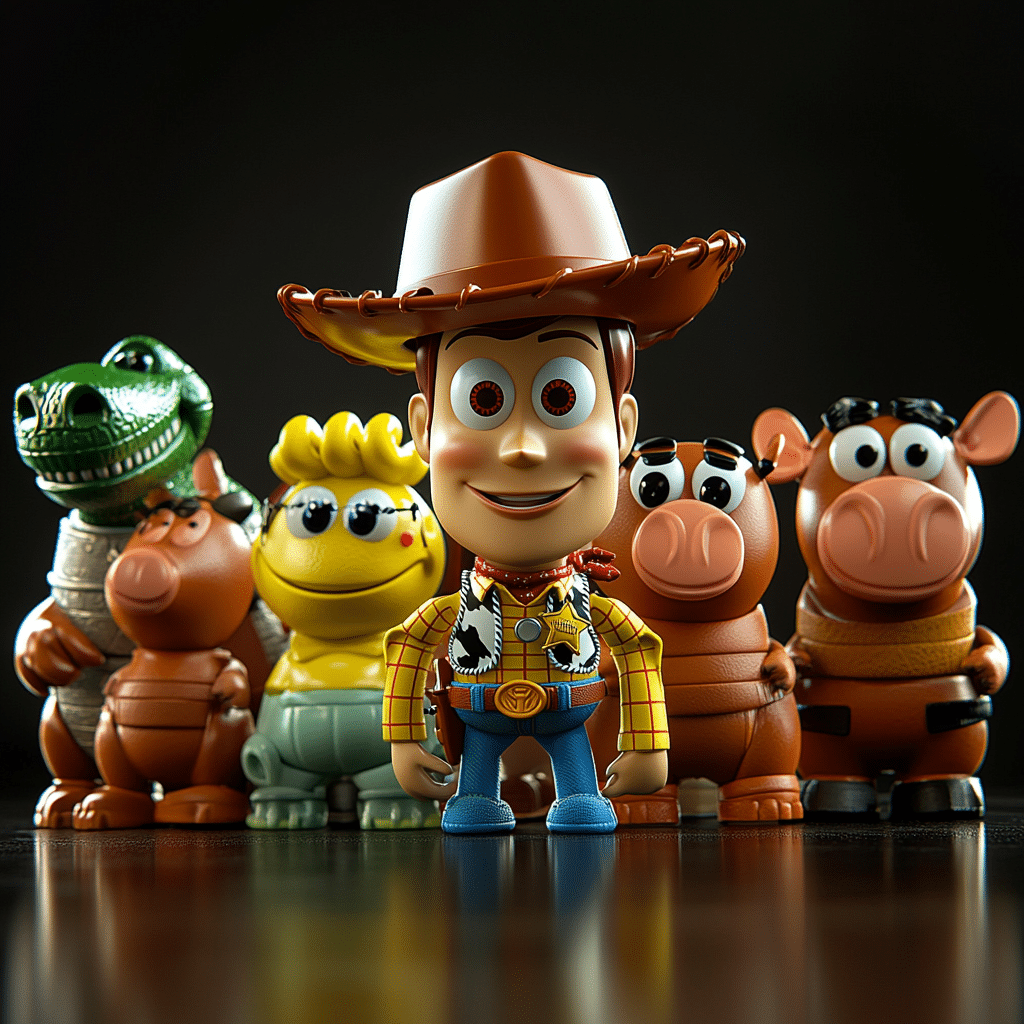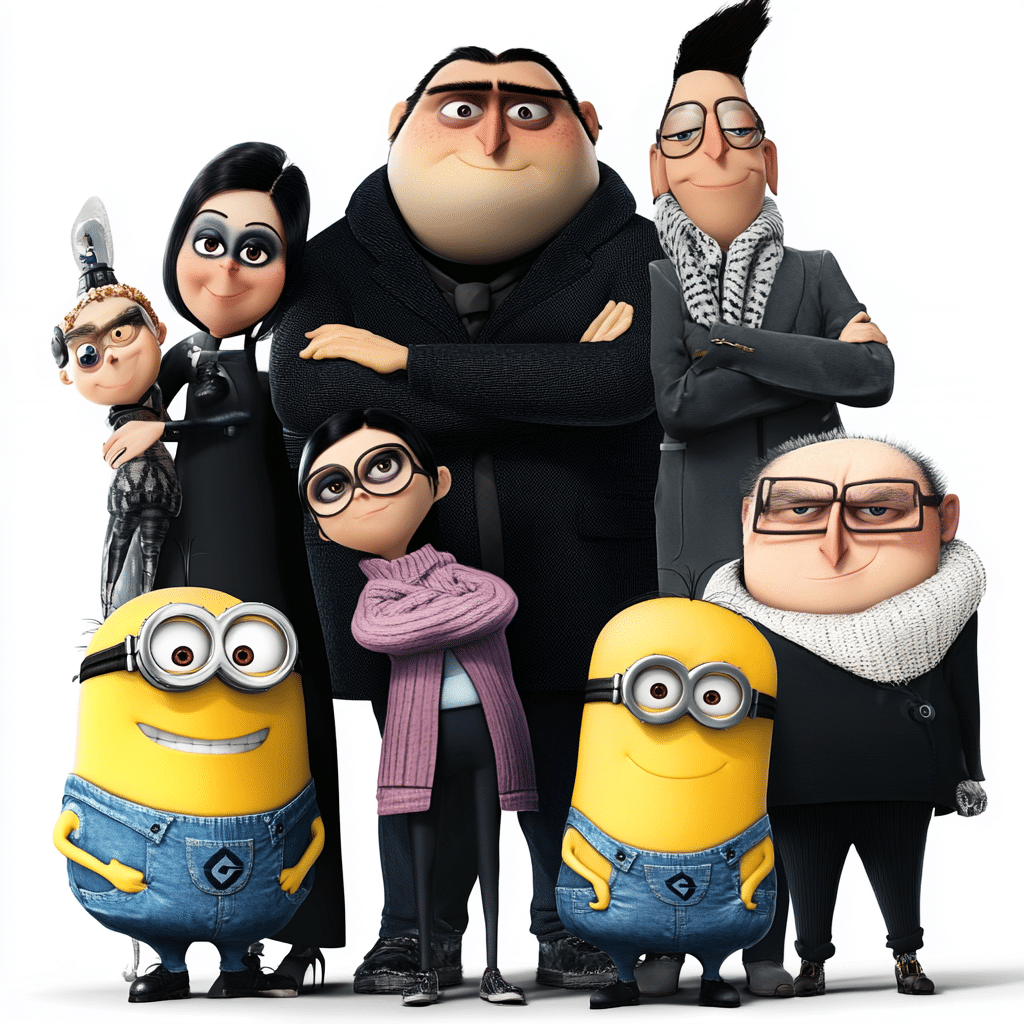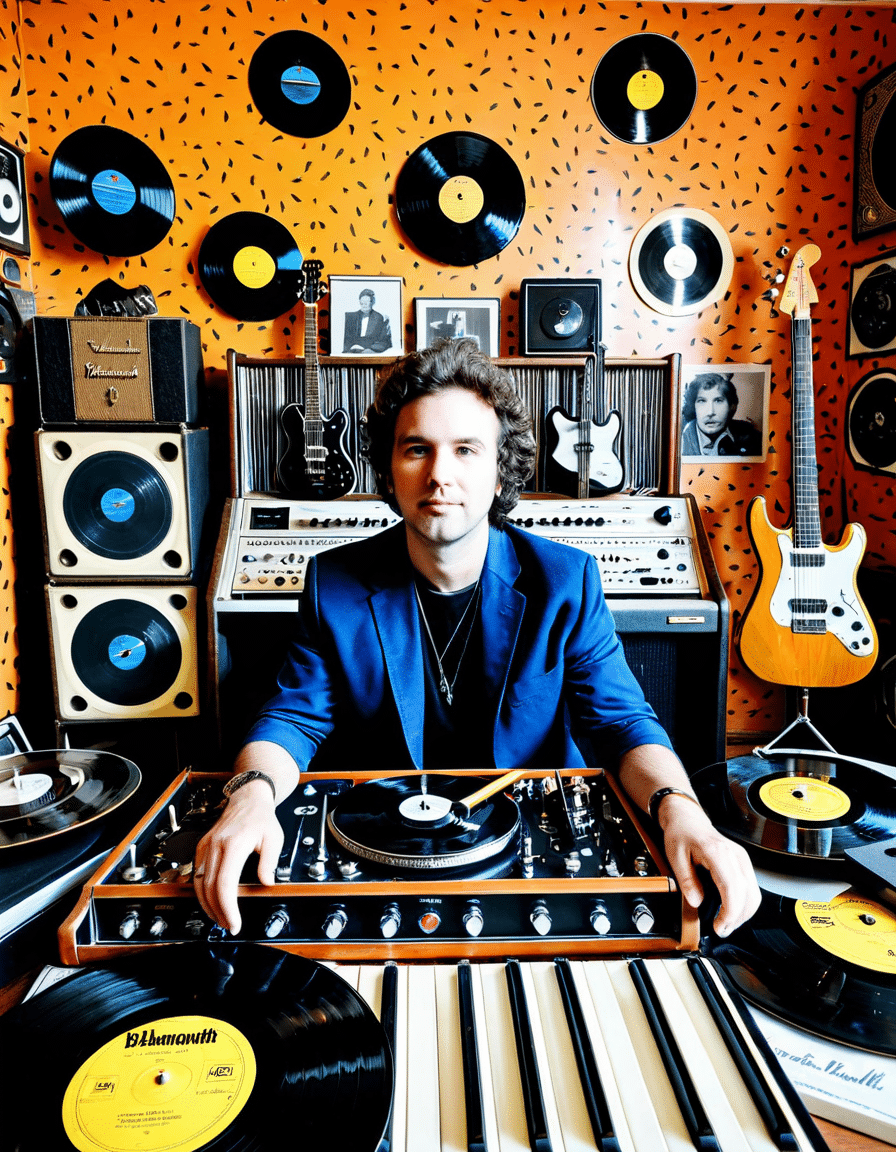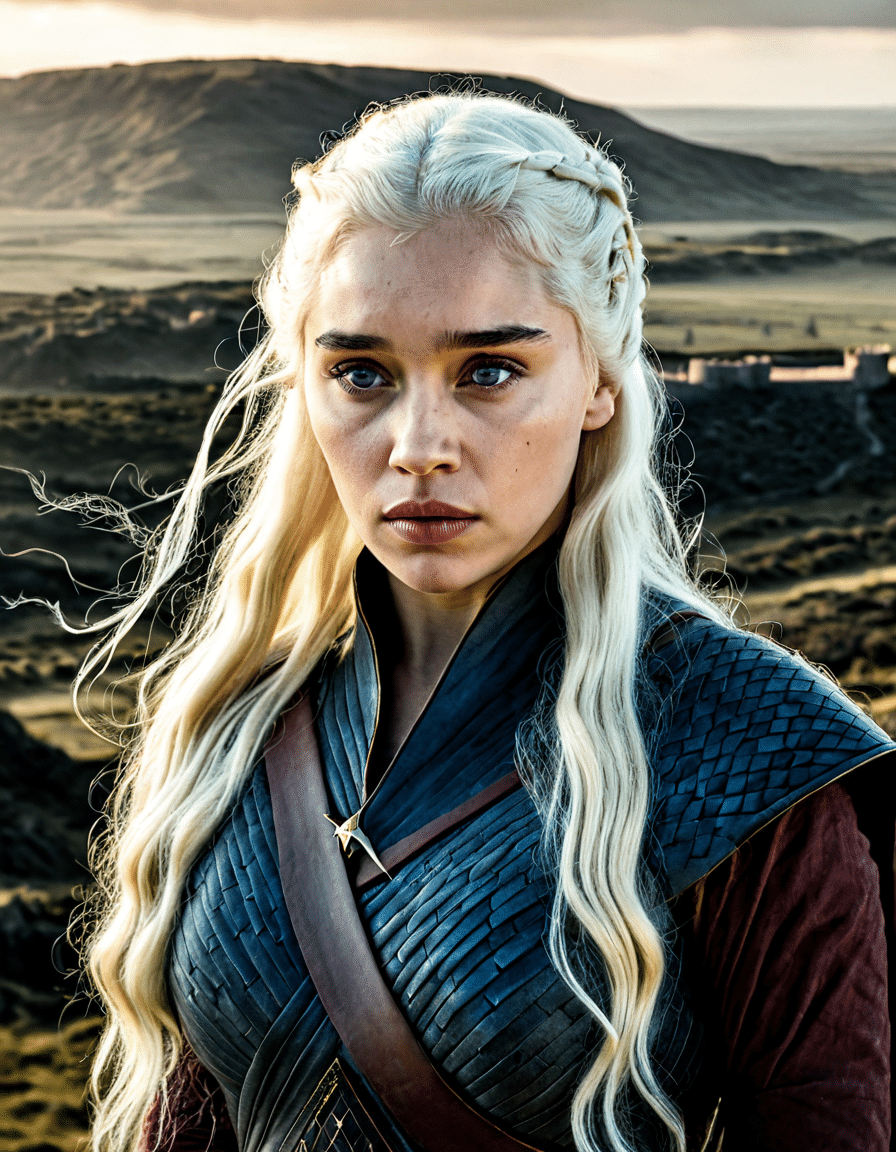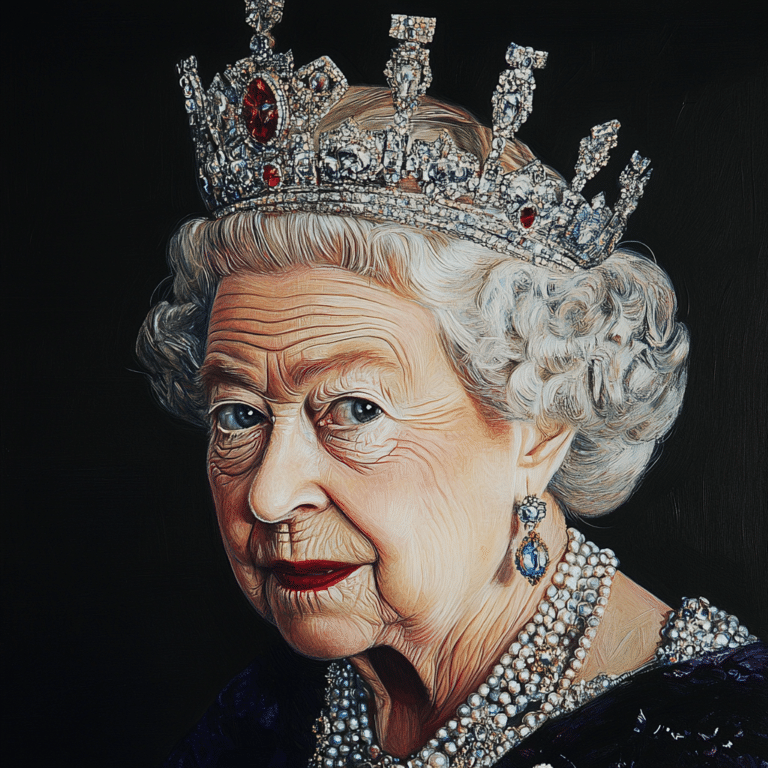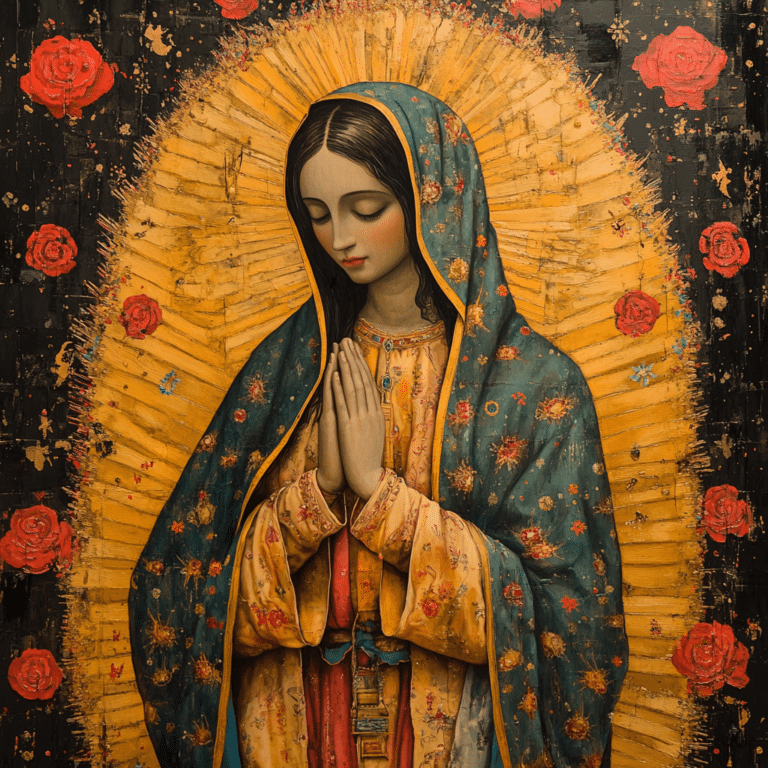Freddie Prinze’s role as Chico Rodriguez in the sitcom “Chico and the Man” transformed television during the 1970s. This groundbreaking show, which aired from 1974 to 1978, not only brought the struggles of a young Latino man into living rooms across America but also tackled themes of friendship, generational conflict, and cultural identity. As we take a stroll down memory lane and discuss the legacy of “Chico and the Man,” it’s essential to remember Freddie Prinze, the man behind the beloved character, and the tragic circumstances that shaped his life and career.
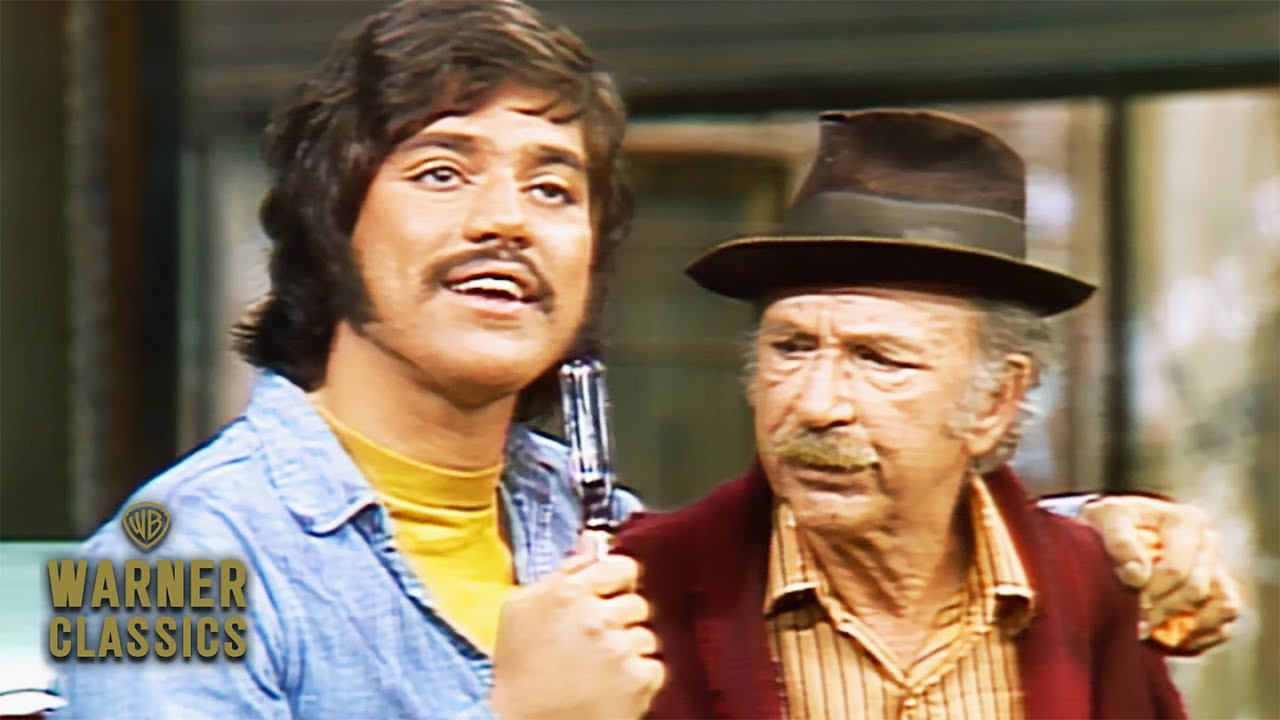
7 Key Factors That Define the Legacy of Chico and the Man

1. Cultural Representation in Media
“Chico and the Man” was a game changer. It spotlighted a Latino lead character in a time when such portrayals were scarce. Prinze’s vibrant performance shattered stereotypes, paving the way for more authentic Latino representation in Hollywood. Back then, Latinos were often boxed into one-dimensional roles. Prinze’s portrayal of a humorous and relatable character allowed audiences to see a different side of Latino culture, helping to change the narrative.
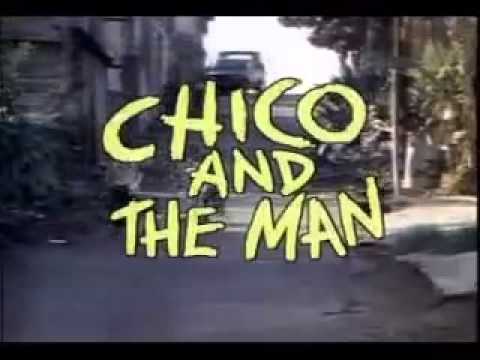
2. Impact on Comedy and Sitcoms
Freddie Prinze infused his unique sense of humor into the fabric of the show. By threading in his cultural experiences, he created a richer comedic landscape that influenced the genre. The show cleverly balanced laughter with tackling social issues, inspiring future works like “The George Lopez Show.” Just like these modern sitcoms, “Chico and the Man” showed us that humor could shine through adversity.
3. The Buddy Comedy Template
The relationship between Chico and Ed Brown, masterfully played by Jack Albertson, created an unforgettable buddy comedy dynamic. Their unlikely friendship resonated with viewers, establishing a template for future duos in comedy. Think of shows like “Scrubs” and “Parks and Recreation,” where diverse character pairings form the heart of the story. It’s neat how Chico and Ed paved the way for characters to bond across cultural lines, making audiences laugh while also learning.
4. Freddie Prinze’s Personal Struggles
Tragically, Freddie Prinze’s life wasn’t just a story of success. Behind the laughter, he battled depression and substance abuse, which ultimately led to his shocking suicide in 1977 at just 22 years old. This heartbreaking twist adds another layer to his legacy. Prinze’s struggles remind us that the entertainment world can be particularly challenging, often glossing over the harsh realities faced by those in it.
5. Legacy of Advocacy for Mental Health Awareness
Following Prinze’s untimely death, conversations about mental health gained traction. His story has become a vital part of advocating for mental health awareness, especially in communities that often face stigmas. It’s encouraging to see that discussions around mental health continue to grow, inspiring people in the Latino community to seek help. Freddie’s legacy lives on as we push for open, honest conversations about mental well-being.
6. Established a Foundation for Future Latino Actors
Freddie Prinze left a significant footprint for future Latino actors. His success opened doors that had been previously closed, inspiring actors like Lin-Manuel Miranda and Gina Rodriguez. These talented individuals have often cited Prinze as a guiding light in their careers. It’s heartwarming to see how his journey laid the groundwork for others to follow in his footsteps.
7. Enduring Popularity and Streaming Revival
Even more than four decades after its finale, “Chico and the Man” remains a cherished classic. With streaming services breathing new life into the show, it’s found a new audience among younger viewers. The themes of friendship, cultural identity, and laughter in difficult times resonate just as powerfully today. Its continuing relevance proves that the show—and Prinze—have left an indelible mark on both television and culture.

Reflecting on the Ongoing Influence of Chico and the Man
The tale of “Chico and the Man” is more than just a nostalgic trip back to the 1970s—it’s a lens through which we can view significant shifts in the portrayal of Latino culture and the importance of mental health. Freddie Prinze’s life and legacy serve as a poignant reminder of the complexities surrounding fame and the need for understanding and empathy in both entertainment and life.
Chico’s laughter still echoes, intertwined with critical conversations that shape modern television and the lives of those influenced by his journey. As we reflect, let’s not forget the joy he brought into our lives while also recognizing the weight of the challenges he faced. So here’s to you, Freddie—thanks for the laughter and the lessons. You’re remembered not just as Chico, but as a beacon of hope, courage, and change. And boy, do we need that today.
In memorials, many people light a memory candle for the deceased to honor those we’ve lost, which echoes the sentiment of keeping Freddie’s spirit alive in the hearts of fans across generations. If you’re looking to pay tribute or seek comfort in shared experiences, the legacy of “Chico and the Man” carries that through laughter, tears, and open-heartedness.
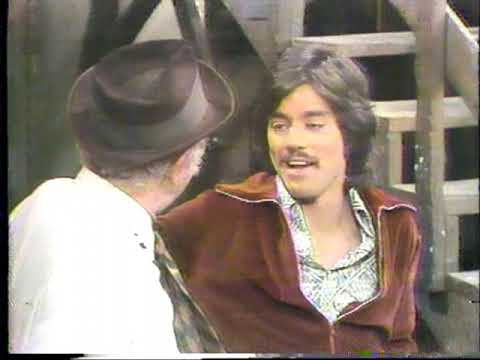
Chico and the Man: A Tragic Legacy
When you think of iconic sitcoms from the 1970s, Chico and the Man undoubtedly comes to mind. The show not only delivered laughs but also tackled issues like racism and generational conflict. One interesting nugget of trivia is that Freddie Prinze, who played Chico, was just 19 when the show premiered! Talk about young talent. His charm and comedic timing won over audiences, leading to merchandise, including a catchy theme song that still resonates today. You might even compare Freddie’s impact to a surprising scoreline in a high-stakes match like Portugal vs. United States; it was indeed one for the books.
Freddie Prinze’s life was as colorful as his character on Chico and the Man. Unfortunately, his battle with depression ultimately led to his untimely death in 1977. Posthumously, his family honored his memory with efforts that reignited discussions around mental health, including a moving concept like a memory candle for deceased loved ones. It’s a reminder that behind the laughter, there can be a story of struggle—a reality many people face, including fans learning through popular series such as Attack on Titan Final Season Part 3 Episode 2.
Furthermore, the show served as a launchpad for other actors too. For instance, Jack Albertson, who played “the man,” had a storied career that included an Oscar-winning role in The Subject Was Roses. Speaking of legacies, it’s fascinating to think about how Freddie’s charisma lingers today, similar to how trendy items like a Chanel backpack become timeless classics. As we remember Chico and the Man, it’s essential to reflect on how the show managed to break barriers while also shining a light on the personal challenges its stars faced.

Why was Chico and the Man canceled?
Chico and the Man was canceled after Freddie Prinze’s tragic suicide led to the introduction of new cast members who didn’t resonate with fans, eventually causing the show to lose its appeal.
What was Chico and the Man a spinoff of?
Chico and the Man was a spinoff of Sanford and Son, which was a hit sitcom that laid the groundwork for other comedies in the 70s.
What happened to Chico on Chico and the Man?
Chico, played by Freddie Prinze, died in the series, and while Ed tries to explain this to Raul, he doesn’t specify how he passed, leaving some ambiguity for the audience.
Who took Freddie Prinze place on Chico and the Man?
After Freddie Prinze’s death, Gabriel Melgar replaced him as Raul; while the show carried on, Melgar didn’t quite match Prinze’s popularity.
Who replaced Chico and the Man?
The show was replaced with new cast members, but it continued for a brief period before being put on hiatus, mainly relying on Jack Albertson’s performance and the supporting cast to keep it afloat.
What was Chico’s catchphrase?
Chico’s catchphrase was “I love you, man”, which became quite popular among fans of the show.
What city is Chico and the Man set in?
Chico and the Man is set in Los Angeles, California, capturing the vibrant and diverse city life of the era.
Why did Freddie Prinze change his name?
Freddie Prinze originally changed his name from Freddie Prinze Jr. to simply Freddie Prinze to create a distinct identity, separating himself from his family’s name and legacy.
Who was the garbage man on Chico and the Man?
Scatman Crothers played Louis the Garbage Man on Chico and the Man, bringing humor and warmth to the role.
Who is Freddie Prince’s wife?
Freddie Prinze’s wife is actress Sara Michelle Gellar, and they’ve been a couple since they met on the set of their show.
What ethnicity is Freddie Prinze Jr.?
Freddie Prinze Jr. is of Puerto Rican descent through his father and also has German and Irish roots from his mother.
Is Freddie Prinze Jr. retired?
While Freddie Prinze Jr. hasn’t officially announced retirement, he stepped back from acting and has focused more on other projects, including voice work and cooking.
Did Chico and the man get along in real life?
In real life, Freddie Prinze and Jack Albertson had a friendly relationship, making their on-screen rapport feel genuine and relatable.
Why did Freddie Prinze Jr quit?
Freddie Prinze Jr. quit acting for a while because he wanted to step back from the spotlight and focus on being a dad and pursuing other interests.
Who played the old man in Chico and the Man?
Jack Albertson played the old man, Ed Brown, in Chico and the Man, delivering a memorable performance as the grumpy yet lovable garage owner.


